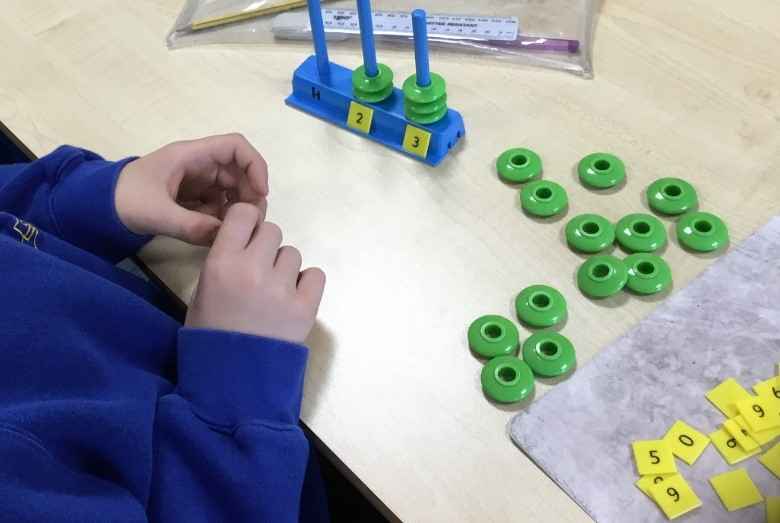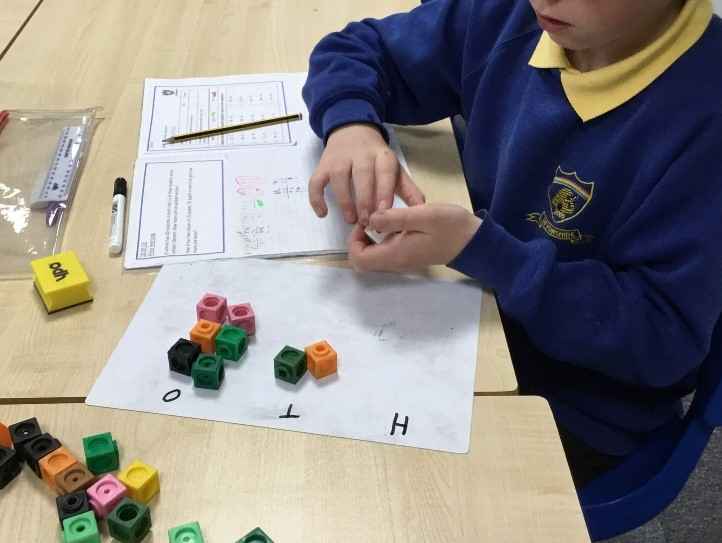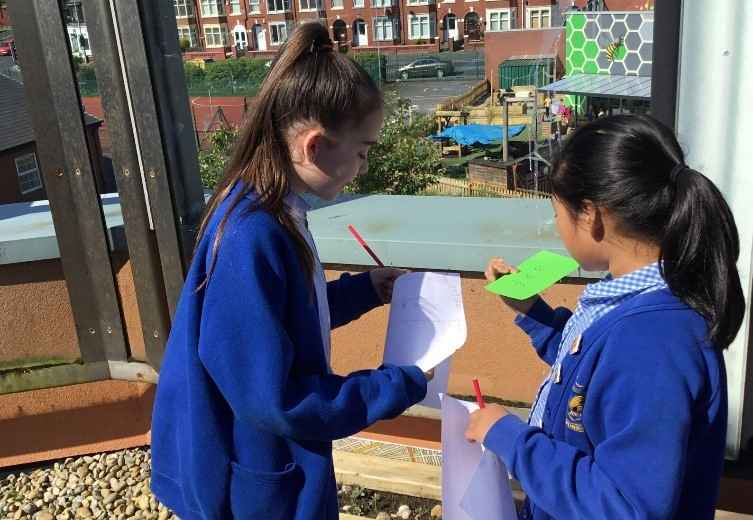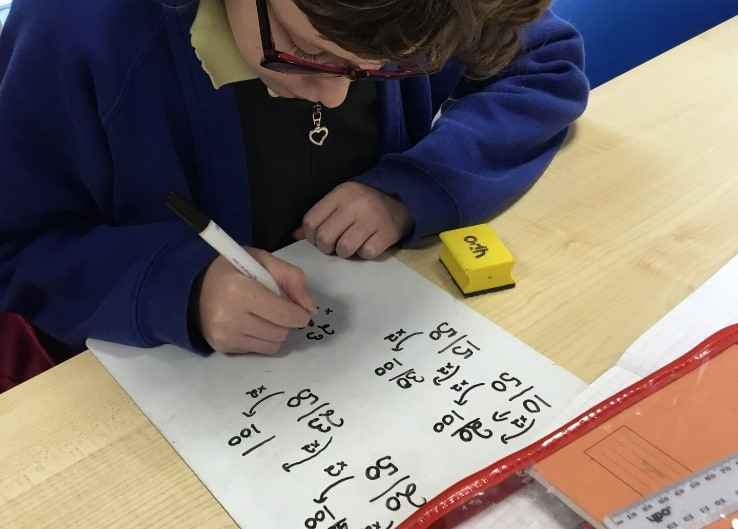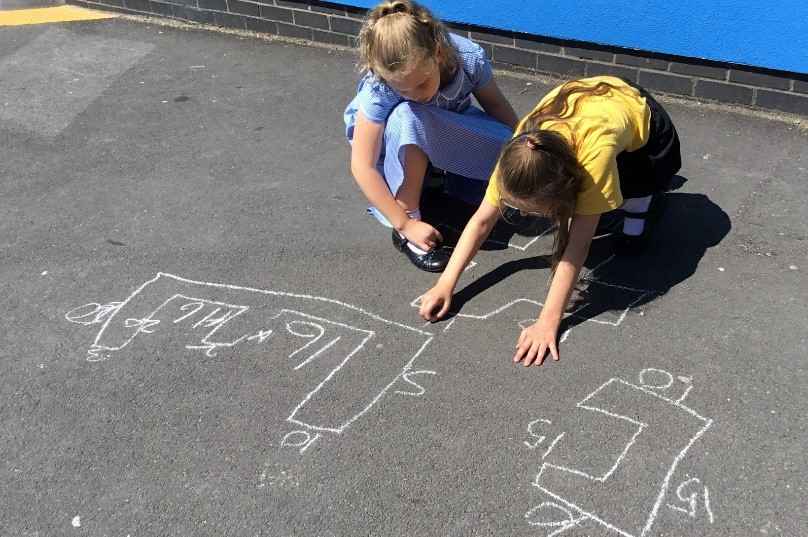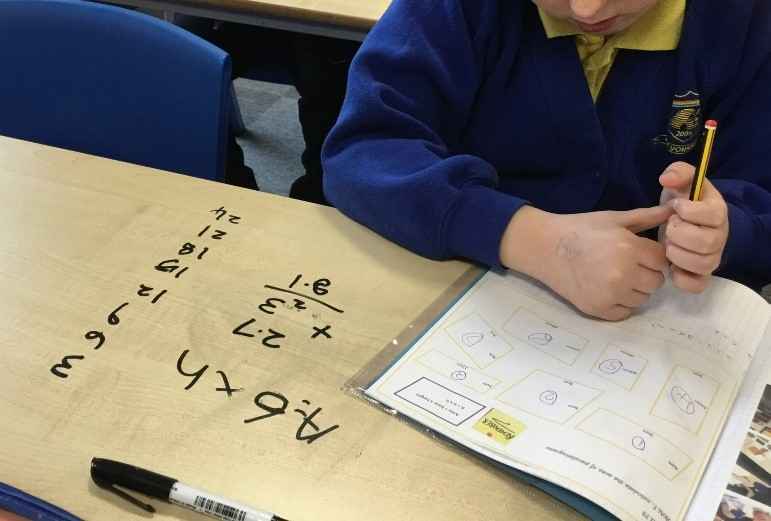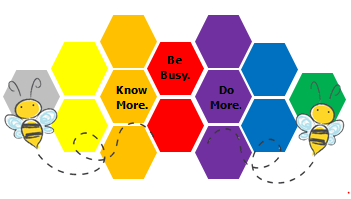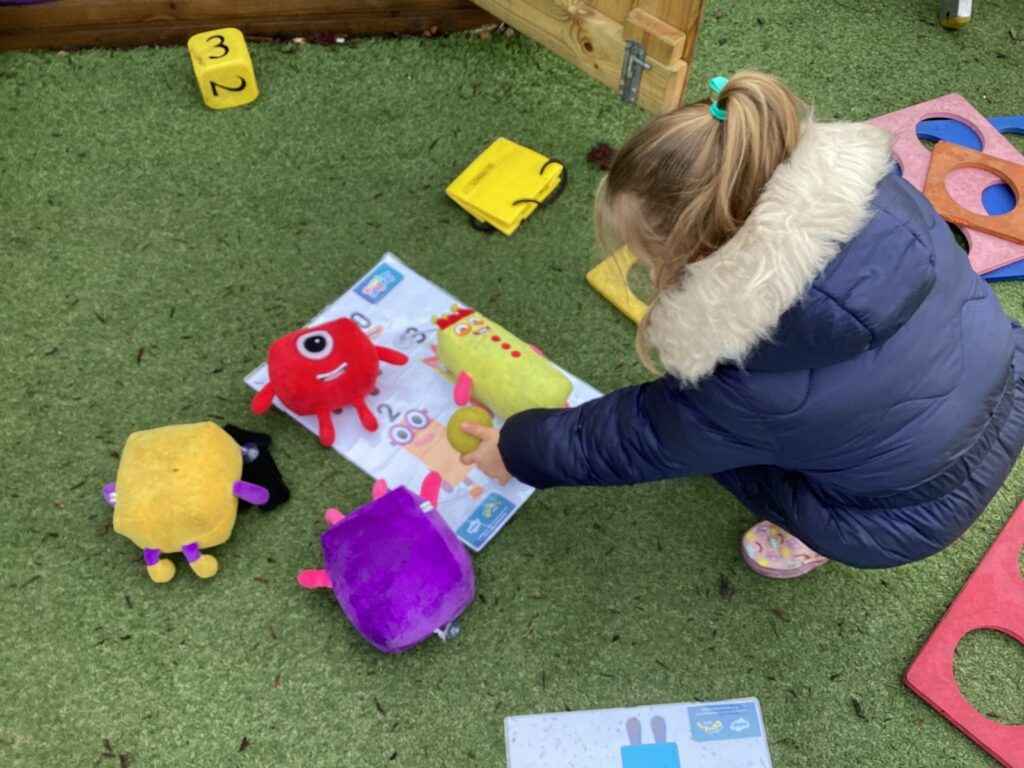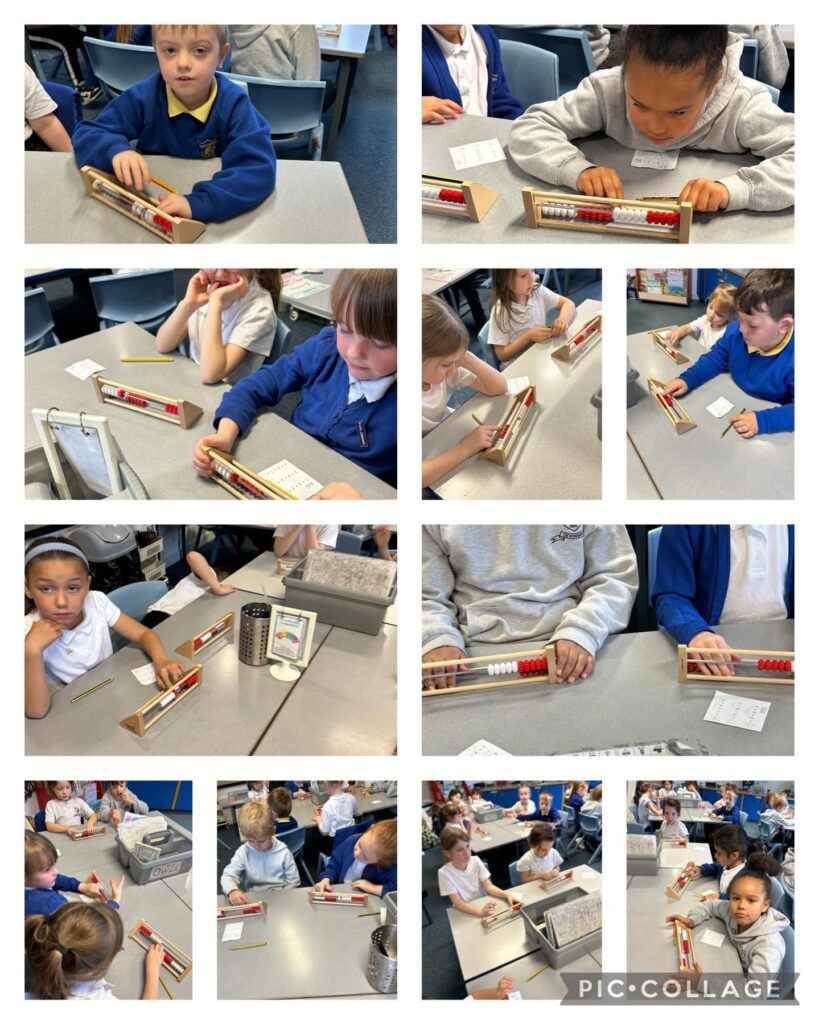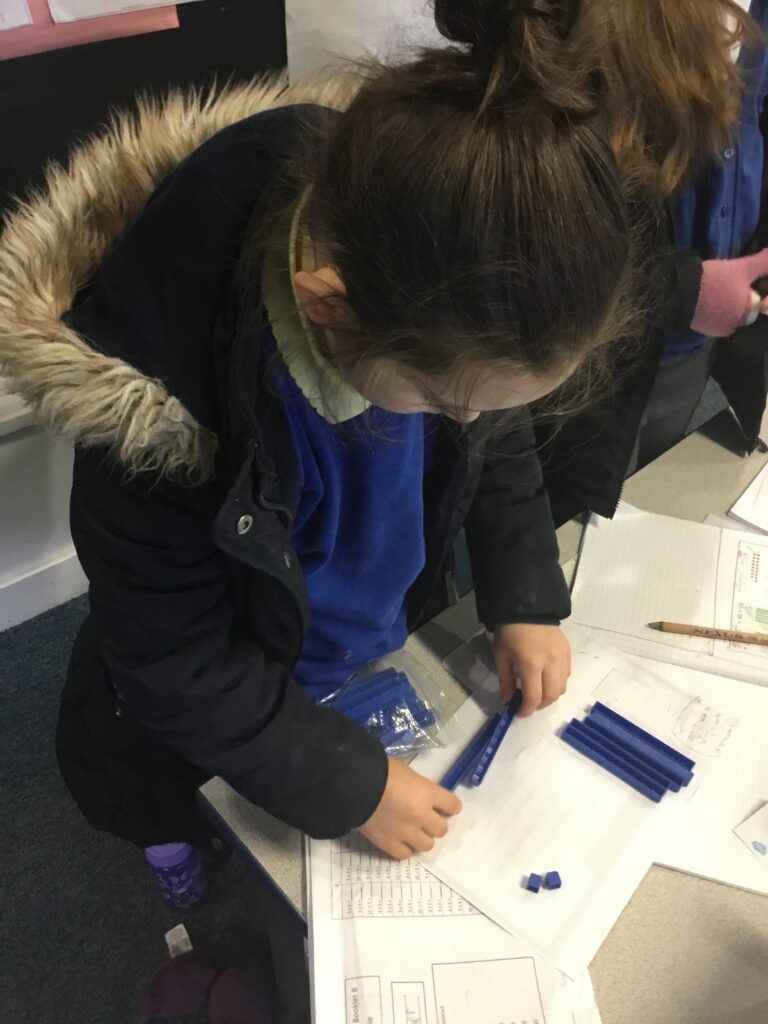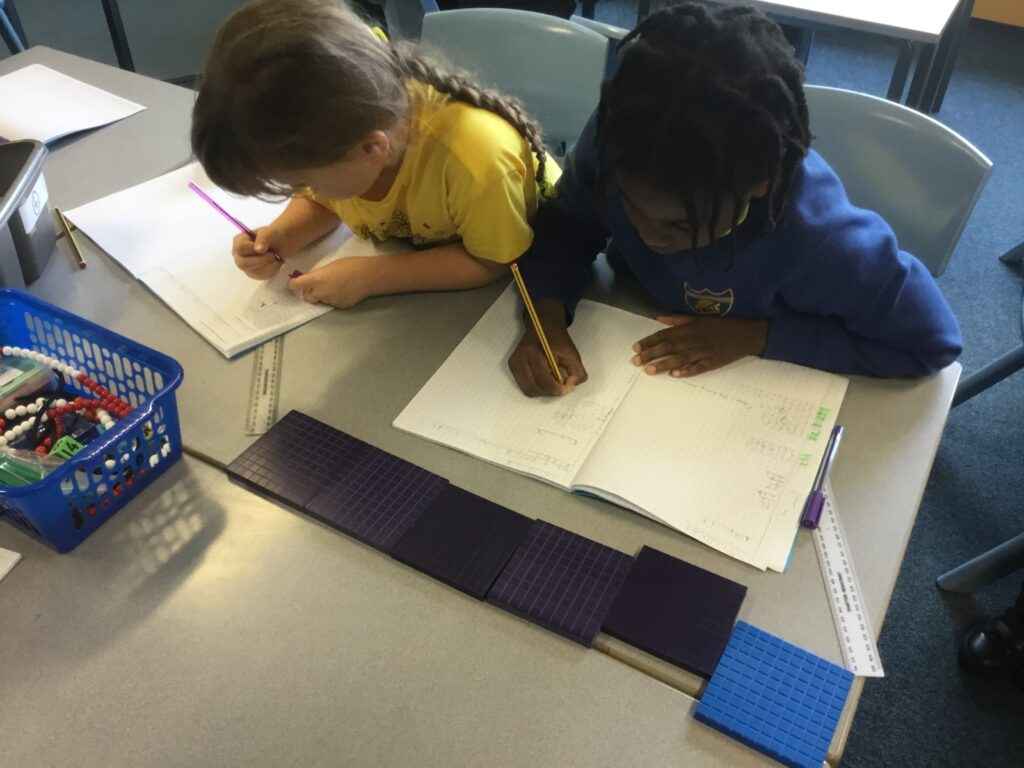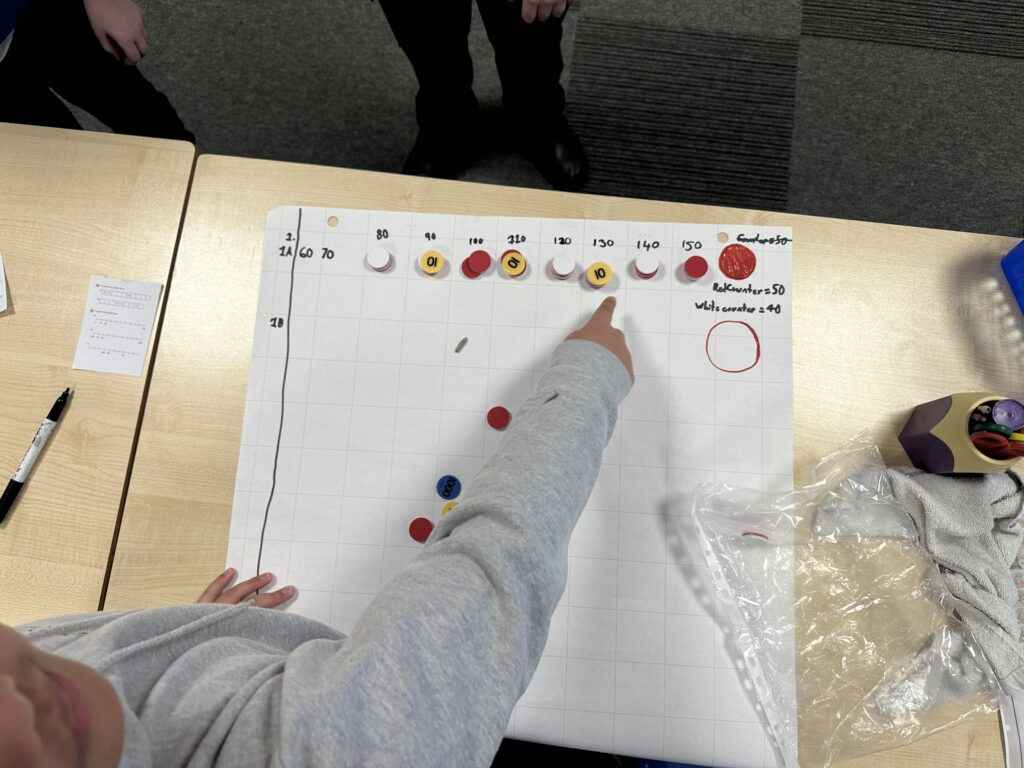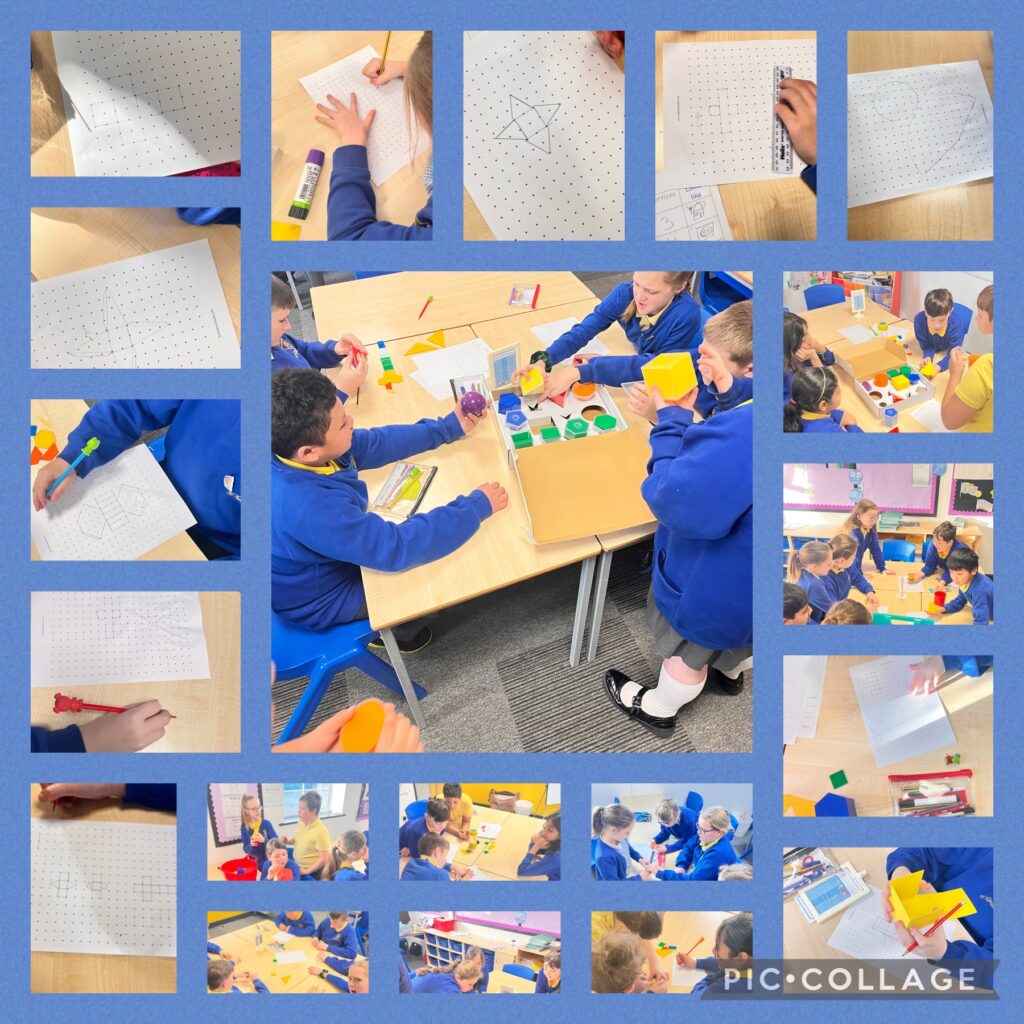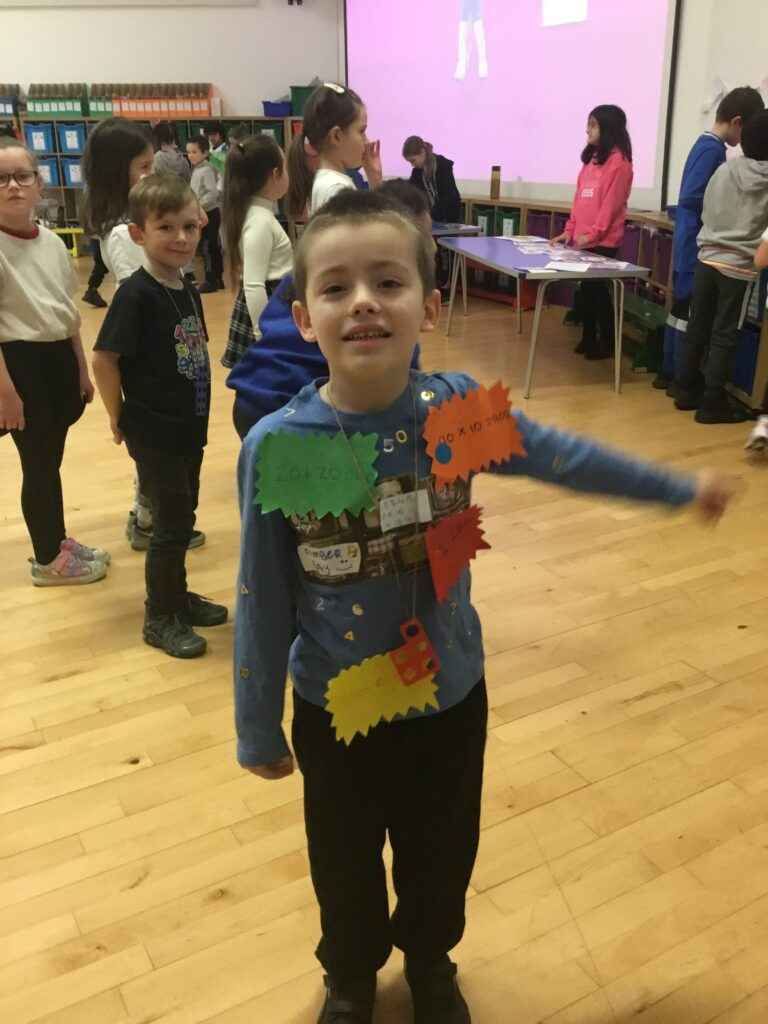Maths
What makes a good mathematician?
- A good mathematician tries their best and doesn’t give up.
- A good mathematician thinks critically.
- A good mathematician uses strategies they’ve learnt to help them solve questions.
- A good mathematician solves problems.
- A good mathematician is curious and creative.
- A good mathematician can explain and communicate their ideas.
Vision and Intent
Maths at Devonshire Primary Academy is a hybrid programme, taking the very best bits from Big Maths and White Rose. It is taught discreetly and our intent is to teach a rich, balanced and progressive curriculum using the ‘Big Maths’ programme and White Rose resources to reason, problem solve and develop fluent conceptual understanding in each area.
Our Mathematics curriculum allows children to better make sense of the world around them, relating the pattern between mathematics and everyday life. Our policies, resources and schemes support our vision so that children have an in-depth knowledge of number.
The mapping of Mathematics across school shows clear progression in line with age related expectations. Pupils are challenged and we believe in a child-led approach, whereby pupils take ownership of their learning, choosing which activity they wish to complete, thus allowing the intentions of our Mathematics curriculum to be executed successfully.
The Big Maths programme allows each child to develop their learning at their own individual level and, due to the repetition of the programme, all pupils know more, remember more and understand more. They are also given additional interventions, in the afternoon to help them reach and exceed their potential at Devonshire and beyond.
At Devonshire, we have fostered an environment where Maths is fun and children know it is OK to be ‘wrong’, because the journey to finding an answer is an important learning experience. Our Maths books are packed with a range of activities showing evidence of fluency, reasoning and problem solving. These can be found in the form of ‘repeat’, ‘revisit’, ‘real life’, ‘select’ and ‘connect’ questions that are taken directly from our Big Maths programme.
We deliver lessons that are creative and engaging with an episodic ‘ping pong’ approach. We begin this with a daily review that explores previous learning from: last lesson, last week, last term and last year. The children are then able to know more and remember more. This is broken into small segments allowing for rich questioning where children will see the same concept in a variety of ways. This then builds up their knowledge to explore Maths Mastery with a better understanding and become independent learners. We intend for our pupils to be able to apply their Mathematical knowledge to Science and other subjects. We want children to realise that Mathematics has been developed over centuries, providing the solution to some of history’s most intriguing problems; we want our children to know that it is essential to everyday life, critical to science, technology and engineering and necessary for financial literacy and most forms of employment.
As our pupils progress, we intend for them to be able to understand the world, have the ability to reason mathematically, have an appreciation of the beauty and power of Mathematics and a sense of enjoyment and curiosity about the subject.
Mathematics in our school is further enhanced by our individual class ‘working walls’ designed to aid children through each topic, through our TT Rockstars competitions (designed by our TTRS Ambassadors), Big Maths promotions and Mathematics events such as the NSPCC Number Day which we using as a cross-curricular approach with Design Technology, Science and Computing to enrich the pupils’ understanding that Maths is in everything we do and is celebrated every year across all key stages.
Implementation
At Devonshire Primary Academy, we teach the Mathematics curriculum through Big Maths and it is supported by White Rose. We are also currently on a Mastery journey working closely with the Maths Hub and NCETM.
From EYFS to Year 2 we also have a focus on Maths Mastery of Number.
Mathematics teaching for mastery assumes everyone can learn and enjoy mathematics.
- Mathematical learning behaviours are developed such that pupils focus and engage fully as learners who reason and seek to make connections.
- Teachers continually develop their specialist knowledge for teaching mathematics, working collaboratively to refine and improve their teaching.
- Curriculum design ensures a coherent and detailed sequence of essential content to support sustained progression over time.
Our lessons are carefully planned to ensure all can access the new learning and identifies carefully sequenced steps in progression to build secure understanding.
Big Maths is a teaching approach that makes Mathematics easy and fun. It has been extremely successful, both nationally and internationally, using daily ‘CLIC’ sessions and it provides us with an accurate, simple, yet highly effective framework that guarantees progress across the key stages.
Fundamentally, this framework ‘CLIC’ (Counting, Learn-its, Its Nothing New and Calculation) is characterised by Progress Drives, which allow our children to develop their fluency in smaller, more manageable steps. Subsequently, teachers can explicitly and systematically teach to each child’s specific learning gap, bringing them closer to being on-track, meeting national expectations and all whilst making significant and rapid progress.
Fortnightly assessment is carried out in the form of ‘Beat That!’ challenges to ensure the children retain key learning goals every week. Every question is linked to a step of learning and any incorrect answers provide an immediate and accurate indication of a gap in learning.
For every learning gap, teachers use the preceding skills to identify where their children need the support the most and work their way through the ‘CLIC’ challenges, of which there are nineteen. Typically, pupils will stay on a challenge for one term, improving their score each week as staff teach them new skills. After ‘moving up’ to the next challenge, pupils will only score 3 or 4 on the new challenge.
Times-Tables
At Devonshire, the systematic teaching of times-tables ensures that children develop rapid recall, which they can use as a tool to effectively and efficiently solve more complex problems. This is carried out, daily, in the form of our Times Tables Booklets, games and using the NCETM resources where the children gain certificates for their progression from the Times Tables Rock Stars website. This includes: in house weekly competitions where the class who have improved will win a TTRS Trophy for the week, challenge schools within the Trust and nationally, across phases and classes. The end goal for our children is to ‘Go Green’ by the end of Year 6.
Furthermore, all children in Years 1 to 6 have access to Times Tables Rock Stars, which is a web-based ability-appropriate times tables and number bonds programme, which children access at home and school. EYFS –Year 6 also have access to Numbots through TTRS where the children can practise and refine their knowledge on their number bonds.
Interventions
Time limited intervention is planned by each class teacher – and delivered by the class teaching assistant – for those children who are working below their expected level of attainment and progress.
These occur at different times throughout the school; however, each child’s individual needs are met and catered for, using the ‘Learning gaps’ section in Big Maths.
Impact
- Pupils understand and remember the mathematical knowledge, concepts and procedures appropriate for their starting points.
- Devonshire’s curriculum planning for Mathematics is carefully sequenced so that the knowledge, concepts and procedures a child learns builds on their previous knowledge;
- Devonshire’s Mathematics curriculum divides each new element into manageable steps.
- Pupils are given the opportunity to make useful connections between Mathematical reasoning and problem solving to the ‘real world’.
- Big Maths allows teachers and pupils alike to embed learned knowledge, concepts and procedures to their Long Term Memory by repeating, consolidating and retrieving.
- Devonshire’s Mathematics curriculum identifies gaps in pupils’ Mathematical knowledge.
- All teachers have sufficient Mathematical and teaching content knowledge to deliver topics effectively and have been given considerable amounts of CPD through insets, twilights, staff meetings and 1:1 planning and marking workshops with the Maths Subject Lead.
What makes a good mathematician?
- A good mathematician has excellent communication skills;
- A good mathematician is resilient;
- A good mathematician is persistent;
- A good mathematician is a critical thinker;
- A good mathematician uses logic to solve a problem;
- A good mathematician is curious;
- A good mathematician is creative; and
- A good mathematician is organised.
Useful Websites
- BBC Bitesize: KS2 Maths – www.bbc.co.uk/bitesize/subjects/z826n39
- Primary Games Arena – www.primarygamesarena.com/
- Times Table Rockstars – https://ttrockstars.com/
- Hit the Button – www.topmarks.co.uk/maths-games/hit-the-button
- NRich – www.nrich.maths.org/
- Maths 4 Mums and Dads – www.maths4mumsanddads.co.uk/


